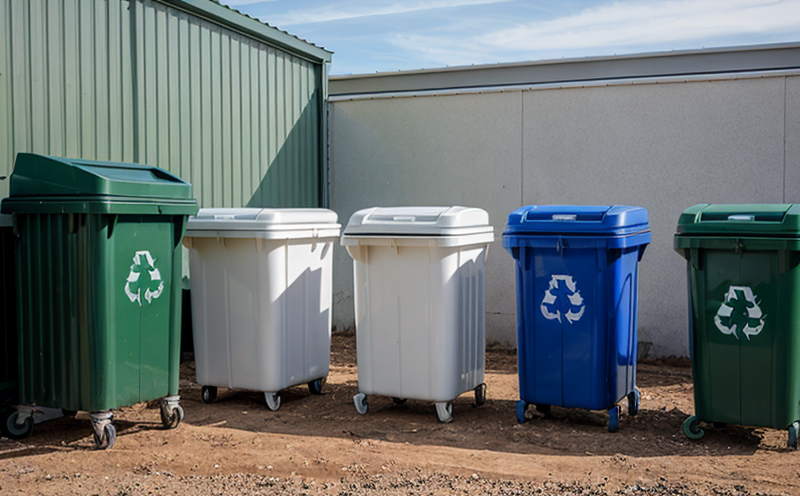ISO 14001 Environmental Management System Compliance
The ISO 14001 standard sets forth a framework to help organizations minimize their environmental impact. Compliance with this international management system standard ensures that a company's operations and processes are sustainable, resource-efficient, and environmentally responsible. This service provides comprehensive testing solutions tailored to help businesses achieve and maintain compliance with the ISO 14001 standard.
Our services encompass a wide array of tests designed specifically for packaging materials. These include biodegradability assessments, composting conditions evaluations, and chemical analysis to ensure that all components used in packaging are environmentally friendly and can be recycled or reused without adverse effects on the environment. By leveraging advanced analytical techniques and adherence to strict international standards like ISO 17025, we deliver precise results that help organizations meet their sustainability goals.
Compliance with ISO 14001 not only enhances an organization's reputation but also attracts environmentally conscious customers who prefer products produced sustainably. Additionally, it positions the company as a leader in green initiatives within its industry. Our testing ensures that every aspect of packaging design and production meets rigorous environmental criteria.
Our experts work closely with clients to understand their specific needs before recommending appropriate testing protocols. From initial consultation through final report delivery, our team remains committed to providing accurate insights into how best to implement sustainable practices effectively across various stages of product development lifecycle management.
Why It Matters
The importance of environmental responsibility cannot be overstated in today's world. As consumer awareness grows regarding climate change and pollution, companies must demonstrate their commitment to sustainability by implementing effective environmental management systems (EMS). ISO 14001 provides a structured approach for organizations to integrate environmental considerations into all aspects of business operations.
Implementing an EMS helps businesses identify opportunities for improvement in energy efficiency, waste reduction, and pollution prevention. It also fosters innovation by encouraging the exploration of new materials and processes that have minimal adverse impacts on ecosystems. Furthermore, compliance with ISO 14001 can lead to cost savings through reduced resource consumption and improved operational efficiencies.
From an ethical standpoint, adhering to environmental standards aligns a company's activities with global sustainability goals set forth by the United Nations Framework Convention on Climate Change (UNFCCC). By voluntarily adopting these practices, businesses contribute positively towards mitigating climate change impacts while enhancing their social license to operate.
In summary, achieving ISO 14001 certification demonstrates a company's dedication to protecting natural resources and reducing its carbon footprint. This commitment translates into tangible benefits such as enhanced brand reputation, increased customer loyalty, and improved profitability due to lower operating costs associated with sustainable practices.
Industry Applications
| Industry Segment | Description of Application |
|---|---|
| Paper and Paperboard Packaging | Evaluation of paper products for recyclability, compostability, and biodegradability. |
| Plastic Packaging | Determination of plastic packaging's environmental impact during production, use, and disposal phases. |
| Paperboard Containers | In-depth analysis of container designs to ensure they meet stringent recycling standards. |
| Flexible Packaging Materials | Analyzing flexible packaging materials for their compatibility with existing waste management systems. |
Competitive Advantage and Market Impact
Compliance with ISO 14001 can significantly enhance a company's competitive position in the market. Customers increasingly demand eco-friendly products, and demonstrating adherence to environmental management standards reassures them of a brand’s commitment to sustainability.
Moreover, compliance opens doors for business growth by enabling participation in government contracts or incentives aimed at promoting green technologies. It also facilitates access to international markets where strict environmental regulations apply.
The certification process itself serves as an internal audit tool that helps identify areas needing improvement within the organization’s overall operations. This continuous improvement cycle ensures ongoing enhancement of environmental performance, thereby maintaining long-term competitiveness in a rapidly evolving global marketplace focused on sustainability.





